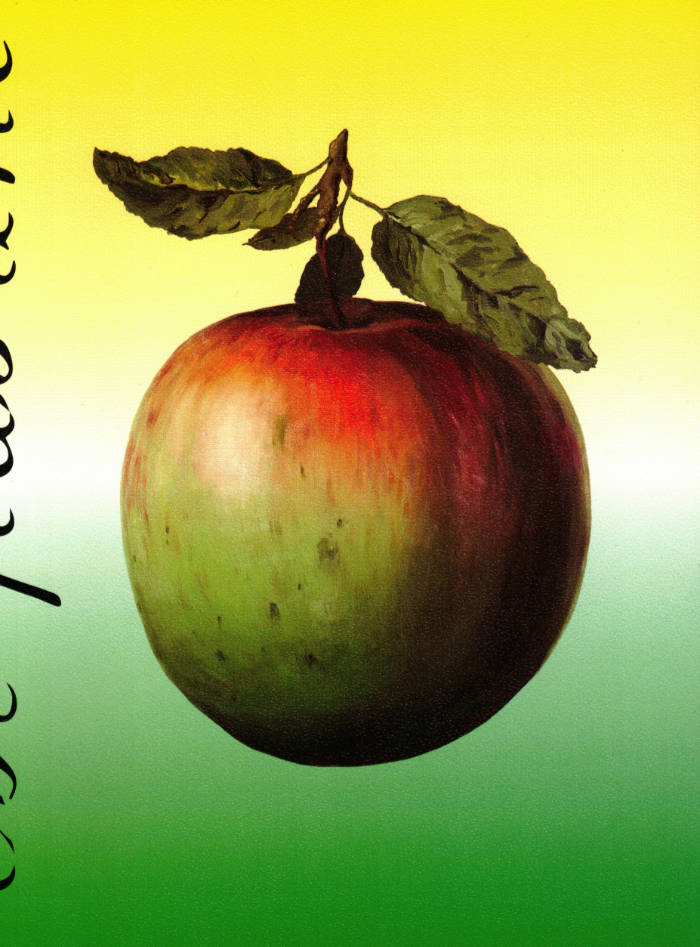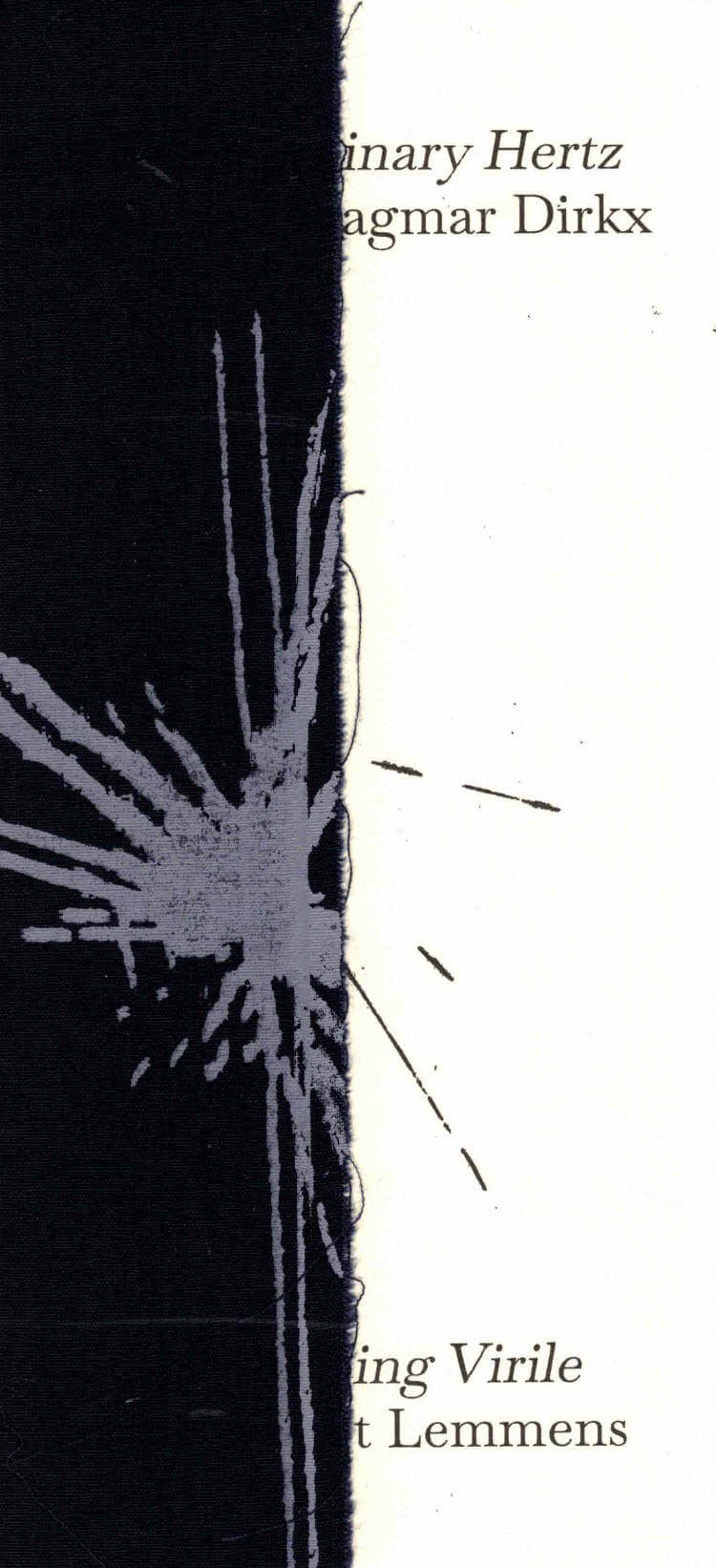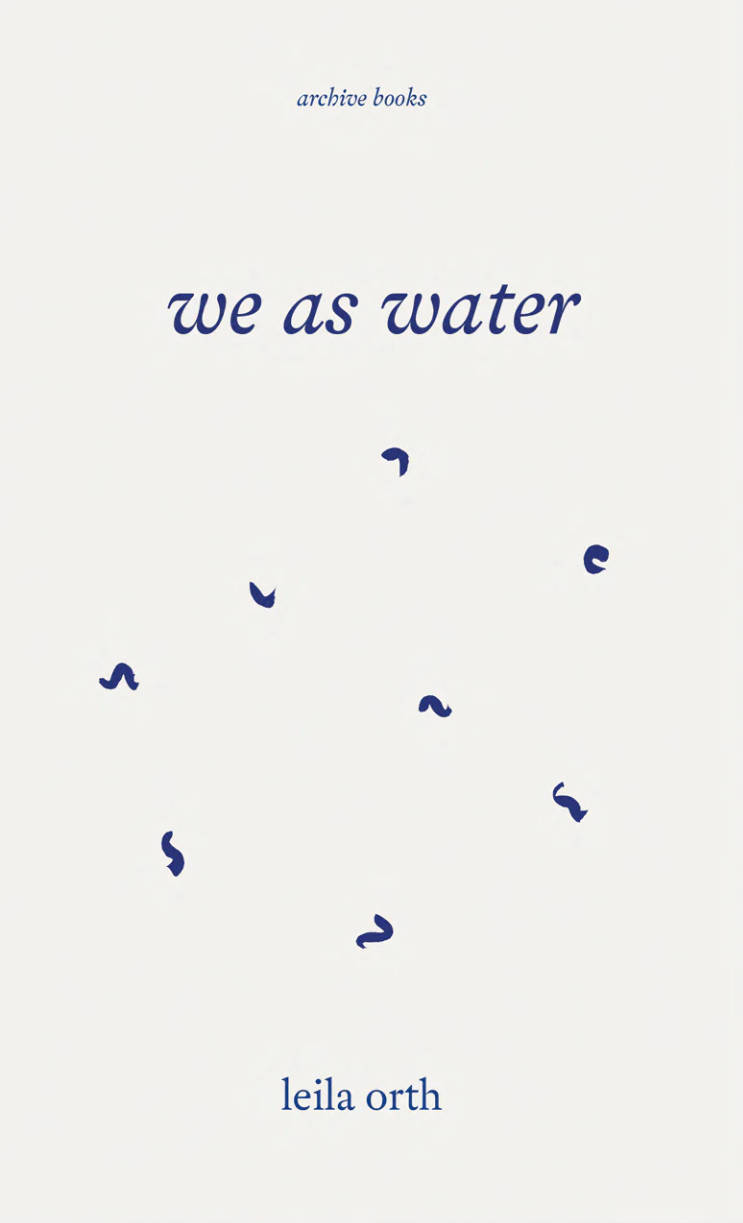
Decoding Dictatorial Statues
Decoding Dictatorial Statues, a project by Korean graphic design researcher Ted Hyunhak Yoon, is a collection of images and texts revolving around the different ways we can look at statues in public space. How can we decode statues and their visual languages, their object hood and materiality, their role as media icons and their voice in political debates?
Anticipating to current debates the book responds to urgent concerns about the representation of our heritage by not only asking us to examine what history to put on a pedestal, but to also consider the visual language of the statue itself. Decoding Dictatorial Statues therefore offers opportunity to level with the actual affairs the statues promote. In parallel to this deconstruction of the politics of a statue’s gestures the project discusses symbolic notion of culture and design by offering opportunity to another, and more cross-cultural understanding.
Ted Hyunhak Yoon(b.1987) is a graphic designer∙researcher based in Seoul(KR)∙Maastricht(NL). He graduated from MA Visual Communication, Royal College of Art in London, UK. From April 2017 onwards, he is a participant of a residency programme in Jan van Eyck Academie, Maastricht, Netherlands.
Language: English





